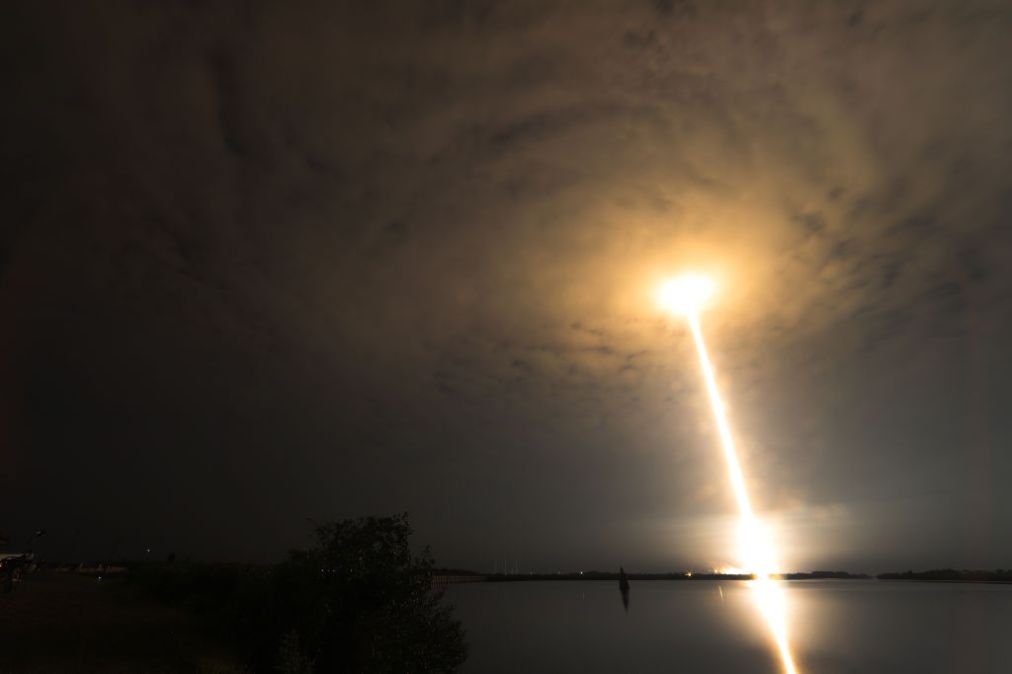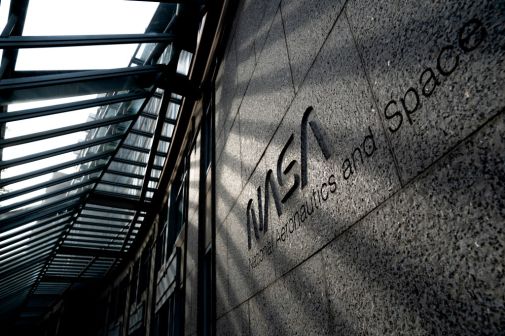Foreign intelligence warning to space industry highlights risks

The Office of the Director of National Intelligence last week released a brief highlighting potential foreign intelligence risks to the U.S. commercial space industry.
The warning served as a reminder that as the space startup scene continues to develop, “foreign intelligence entities” might attempt to steal technology assets and intellectual property.
The brief highlighted that this threat could manifest in myriad ways, including requests to visit companies on-site, targeted questions about proprietary information, and the recruitment of technical experts and consultancy work. These entities might also try to access information by forming subsidiaries in third countries “designed to obscure the parent company’s connections.”
The space startup industry is particularly vulnerable, said Scott Pace, the director of the Space Policy Institute at George Washington University. While long-time defense companies have extensive experience with preparing for potential intelligence threats, smaller companies don’t have the same resources, particularly around cybersecurity and personnel training.
“The growth of innovative commercial space companies is recognized by Russia and China as important to U.S. strategic advantage,” added Scott Pace. “It’s no surprise that they would be seeking to gain information on those companies, steal intellectual property, and possibly undercut their capabilities if possible.”
The problem is significant enough to threaten national security, DNI warned, since adversaries could try to interrupt satellite services, collect sensitive data, and target commercial space infrastructure during conflict.
Accessing intellectual property and other proprietary data might also undermine the U.S. space industry’s economic security and influence in the global market.
“[I]f a U.S. space company has a core technology that provides advantage to the U.S., be it software or hardware, if China’s espionage gets that technology, the U.S. will lose that advantage,” explained Namrata Goswami, a space policy analyst, in an email to FedScoop. “If adversarial foreign entities get access to space systems and create cyber vulnerabilities, the US cannot use that system reliably because there is the danger of malfunction.”
For this reason, Goswami said that DNI’s warning is “very timely.” She added that the stakes are high, in part, because of ongoing limitations on exporting critical technologies to China. U.S. officials have consistently emphasized the importance of securing the supply chain for space technology.






